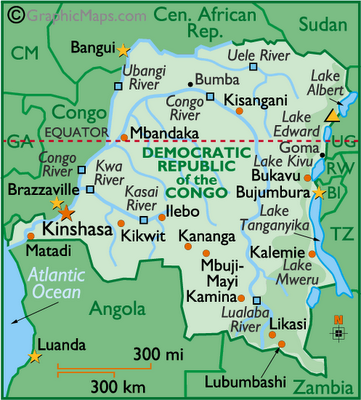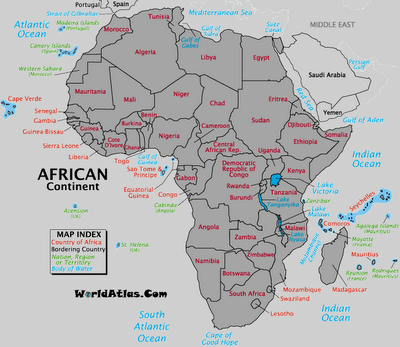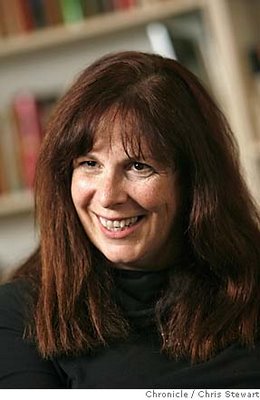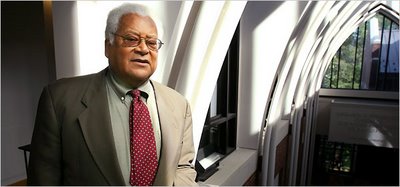DEMOCRATIC REPUBLIC OF CONGO: Women's Christian Peacemaker delegation
 Friends,
Friends,Please pause for a moment in prayer for this women's delegation currently traveling in the Democractic Republic of the Congo.
Yours,
Matt Guynn
On Earth Peace
CPTnet ~ www.cpt.org
23 October 2006 DEMOCRATIC REPUBLIC OF CONGO: Women's Christian Peacemaker delegation arrives On 20 October 2006, eleven members of a delegation sponsored by Christian Peacemaker Teams (CPT) arrived in the Democratic Republic of Congo (DRC).
After flying into Bujumbura, Burundi, the delegation traveled overland to Uvira, DRC, where women of the local church welcomed them with dancing.
 Over the next two weeks, delegates plan to meet with representatives of churches and human rights organizations in the cities of Uvira, Bukavu, and Goma and in rural villages. They will witness the effects of the war and learn about the West's role in the on-going conflict perpetuated by rival militias seeking control of lucrative mineral resources.
Over the next two weeks, delegates plan to meet with representatives of churches and human rights organizations in the cities of Uvira, Bukavu, and Goma and in rural villages. They will witness the effects of the war and learn about the West's role in the on-going conflict perpetuated by rival militias seeking control of lucrative mineral resources.A focus of the all-women delegation will be speaking with Congolese women about the impact of the violence on their lives and the steps they are taking to bring healing to their communities.
_______________
Christian Peacemaker Teams (CPT) seeks to enlist the whole church in organized, nonviolent alternatives to war and places teams of trained peacemakers in regions of lethal conflict. Originally a violence-reduction initiative of the historic peace churches (Mennonite, Church of the Brethren and Quaker), CPT now enjoys support and membership from a wide range of Christian denominations.
www.cpt.org



